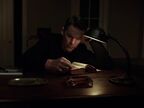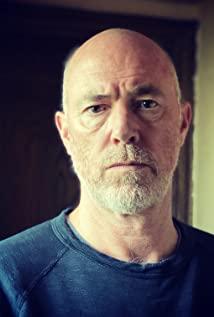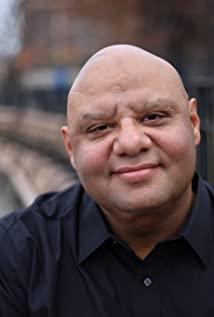A few recent awards for "First Reformed" brought me to Paul Schrader's new work.
It's a strange film, with mysticism and realism, with a very obscure, complex subject, but it looks extraordinarily simple and clean.
The whole film adopts a 1.33:1 frame, which is the "full screen" frame of an old-fashioned TV monitor, giving people a sense of obsolete and outdated, and also hinting at the hero Ethan Hawke's self-imposed heart with the help of the church. The rhythm of the film is slow and restrained, and the plot is driven by dialogue. The emotions are deliberately alienated, but at the same time, the plot is twists and turns, and there are strong contradictions and fluctuations under the calm surface. And it's all about religion.
The male protagonist's skepticism, wavering, and abandonment of Christianity are the themes of this film. Facing the death of a loved one, the torture of sickness, the mercenary link between religion and politics and business, as well as the sparseness of believers, the use of churches as tourist attractions and other practical problems, faith alone can no longer save the hero's soul, because the Bible cannot solve any practical problems. problem. This frustration made him doubt life, society, and God. During this period, he met a couple of crazy environmental protection organizations. The husband was discovered by his wife before he was a human bomb, and the wife sought the help of the male protagonist, but the result was counterproductive. The suicide of her husband planted the seeds of anti-socialism in the hero's heart.
The wife, played by Amanda Seyfried, has a bewildering mystery in her oversized eyes. In fact, she is more like the incarnation of Satan than her husband. She seems innocent and weak, but in fact, she subtly leads the hero to a dead end.
The end of the film is very extreme. The hero suddenly goes mad and completes the final sacrifice of his life through self-mutilation. As he was dying, he hallucinated, kissed the incarnation of Satan at the most sacred moment, and used his own death to carry out the ultimate desecration of this so-called "First Reformed Church". Resolute, violent, dark, Schrader's male protagonist is always on the verge of destruction.
I just finished watching this movie and felt so so, but after a few days, I was full of stamina. Schrader is old and strong, and the director is one. I hope he will make a few more masterpieces and win the Oscar and the three major film festivals again.
View more about First Reformed reviews











